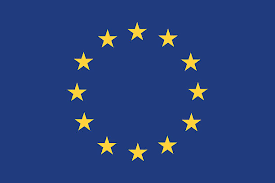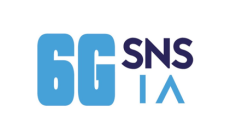A consortium of private companies and academic facilities join forces to research the sixth generation of mobile networks. The Future Network Services (FNS) project will be backed by at least 61 million EUR granted by the Dutch National Growth Fund. The consortium aims to take position in determining the development of 6G globally, work on setting the foundation for 6G standards in order to meet the social requirements in terms of reliability, digital sovereignty and sustainability as well as to develop a strong Dutch 6G ecosystem.
The Future Network Services programme brings together a consortium of 60 partners – leading telecom and semiconductor manufacturers, mobile operators, ICT companies, technical universities and governmental agencies from the Netherlands as well as IS-Wireless – an Open RAN 5G solutions provider, already involved in a number of 6G R&D projects funded by the European Commission. The Consortium aims to set the foundation for 6G development by defining the technology qualities and laying the groundwork necessary to build the sixth generation of mobile networks in a highly flexible manner. It will be backed by 61 million EUR with prospects for another 142 million EUR worth of funding in the coming 6 years. The official kick-off of the project took place at the Delft University of Technology in the Netherlands on October 12th.
The project will aim to look into both the technologies contributing to the 6G standards and potential applications of the next generation of mobile networks. Assuring flexibility of the future networks using intelligent hardware and software will be necessary to make networks and applications more reliable and more durable – argue experts at IS-Wireless, an Open RAN 5G provider involved in the project.
“At the same time IS-Wireless works on the very foundations of 6G. Participating in two of the three active EU projects under the ‘SNS JU – Stream C’ programme funded by the European Commission: 6G-Bricks and 6G-Sandbox, we contribute to creating an environment and tools for testing and developing 6G, aiming to define the future technology and its performance”, experts at IS-Wireless explain.
Read the full communication here.


